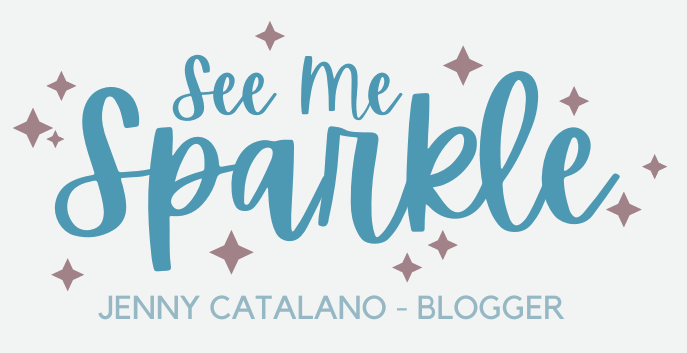When humor is not so funny.
Humor is vital to our mental well-being. A great sense of humor is one of the key qualities I look for when forging any type of relationship. Laughter can carry us through the toughest situations when the only other alternative is to drown in despair. Of the many ways to convey humor, sarcasm is one. However, when sarcasm shows up as trauma response, there is an added a level of complexity that isn’t always so funny.
On a recent visit to my sister’s house, several family members and I were playing one of our typical, cutthroat games of rummy. The zingers were flying. The competition was fierce, but the laughs were plentiful. My brother in law, John, was not playing but sat with us to watch and participate in the fun.
During the course of the game, I directed a few sarcastic quips at my husband which were met with laughter from those at the table. John sat quietly for a few moments and then asked, “Jenny, why are you being so mean to him?” His intent wasn’t to shame me. He spoke calmly and without spite. He was merely expressing a genuine concern over remarks I had made that he found to be unkind.
.
Hurting with words is no joke.
Later that evening I pondered what I had said and the fact that it came across as insensitive. When John first called me out, my instinct was to explain that I was only joking. But I stopped short of justifying my behavior to instead reassess what I had been dishing out. Was I too harsh? Was I camouflaging criticism as humor? Did I cross a line? I began to introspectively evaluate my actions.
Being funny is part of my repertoire. I’ve always been able to make people laugh with ease and it’s important to me to be able to do so. It’s also reasonable to assume that I adopted humor as a coping mechanism when I was young. Laughter became the antidote to emotions generated by my trauma that I wasn’t capable of confronting.
Dry, sarcastic ‘humor’ is an integral part of my schtick. But I now understand how it can easily be received as hurtful or condescending. While I never intend to be mean-spirited, the truth is that words can hurt.It’s apparent that I don’t always give enough consideration to my words before hurling out the next thinly-veiled insult. And the negative impact of my words on the recipient overrides intent.
How does trauma affect the way we use sarcasm?
Some research suggests that those who have experienced trauma use sarcasm as a way to express anger that is suppressed. It can also be used to passive-aggressively convey feelings we cannot communicate in a healthy way because of the need to avoid conflict. Sarcasm is often casually dismissed as a harmless joke which wrongly absolves the jokester of any accountability for the fallout.
As a trauma survivor and a serial sarcasmist, I can’t deny the logic that links sarcasm to trauma. I realize that I have thrown out many biting and personal ‘jokes’ that may have inflicted embarrassment, anger or hurt on someone I care about. And I am ashamed to admit that.
Reframing our version of ‘funny’.
There are multiple ways in which our responses to trauma can hurt others and fracture our most treasured relationships. Sarcasm is but one example. A fundamental component of the healing process is identifying these damaging, coping behaviors so that we can modify or replace them with more productive modes of healing.
Laughter is a cathartic way to release tension and lighten the trauma burden. There is nothing I love more than sharing those laugh-till-you-cry moments with loved ones. And there is still a place for sarcasm as we find our comedic groove. It just requires more thoughtful execution.
It is definitely possible to overcome the complexities of sarcasm as a trauma response without losing our characteristic wit. With awareness and the will to be better, we can continue to bring the funny in more considerate ways. I’ll go first. You bring the popcorn.
Resources for further reading: The Problem with Sarcasm





